Engagement
What is Engagement?
Engagement refers to how much people interact with and respond to content. This interaction can take many forms, such as likes, comments, shares, clicks, and time spent on a page. Engagement measures the level of interest and involvement that an audience has with a piece of content, a brand, or a platform.
Why is Engagement Important?
Engagement is crucial because it indicates how well your content resonates with your audience. High engagement levels often correlate with higher satisfaction, loyalty, and advocacy among your audience. Engaged audiences are more likely to share content, recommend your brand to others, and convert into customers.
Moreover, engagement helps in building a community around your brand. It fosters relationships and trust between you and your audience, leading to long-term success. For digital marketers, engagement metrics provide valuable insights into what content works best, allowing for better content strategy and optimization.
Best Practices for Improving Engagement
1. Understand Your Audience
Know who your audience is, what they care about, and what type of content they prefer. Use analytics and feedback to gather insights about your audience's demographics, interests, and behavior. Tailor your content to meet their needs and preferences.
2. Create High-Quality Content
Produce content that is valuable, relevant, and engaging. High-quality content captures attention and encourages interaction. Use a mix of formats, such as articles, videos, infographics, and podcasts, to cater to different audience preferences.
3. Encourage Interaction
Prompt your audience to engage with your content by asking questions, encouraging comments, and inviting shares. Use calls to action (CTAs) to guide your audience on what to do next. For example, ask them to share their thoughts, participate in polls, or tag friends.
4. Be Responsive
Engage with your audience by responding to comments, questions, and feedback. Show appreciation for their interactions and provide timely, thoughtful responses. Being responsive builds a sense of community and encourages more engagement.
5. Use Social Media Effectively
Leverage social media platforms to reach and engage with your audience. Share content regularly, use relevant hashtags, and participate in trending conversations. Social media is a powerful tool for building relationships and fostering engagement.
6. Host Live Events
Live events, such as webinars, live streams, and Q&A sessions, offer real-time interaction opportunities. They create a sense of immediacy and exclusivity, encouraging more active participation from your audience.
7. Personalize Your Content
Personalize your content based on user behavior, preferences, and demographics. Tailored content increases relevance and engagement. For example, a returning visitor might see different content than a first-time visitor.
8. Analyze and Optimize
Continuously monitor your engagement metrics to understand what works and what doesn’t. Use tools like Google Analytics, social media insights, and feedback forms to gather data. Optimize your content strategy based on these insights to improve engagement over time.
By following these best practices, you can effectively boost audience engagement, creating a loyal and interactive community around your content and brand.
For more terms, return to the content marketing glossary and freelance writing glossary.

